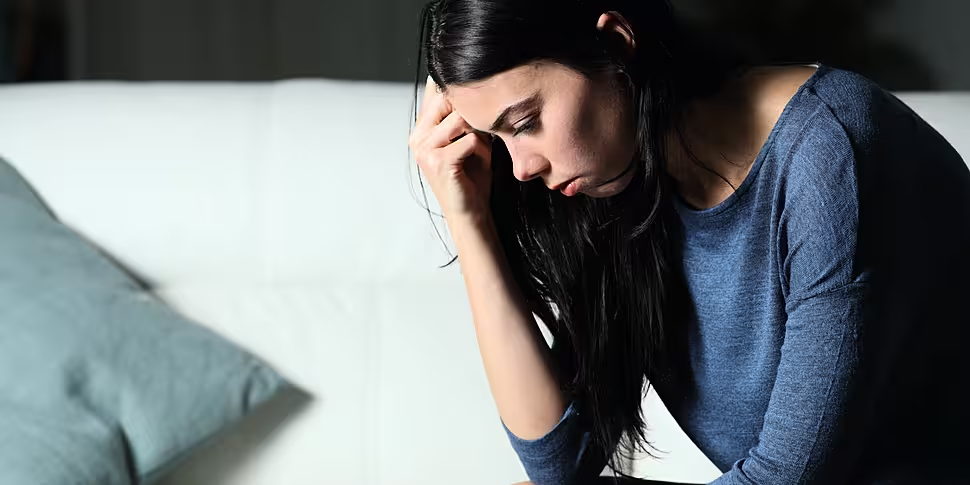We can't afford to screen everyone for anxiety disorder, an expert has warned.
That is despite a recommendation from a health panel in the United States that all adults under 65 years of age be screened for symptoms of anxiety due to the pandemic.
The number of people diagnosed with anxiety in the first year of the pandemic alone rose by 25%, according to the World Health Organisation.
Counselling psychologist Niamh Delmar joined Newstalk Breakfast to discuss the calls to increase screening.
"I'm flooded with people coming in for help with regards anxiety", she said.
"But what happens then with all these people getting screened? Screening tools are limited."
"Who's going to do all this extra work as well? It's another additional workload on GPS, primary health care, and more waiting lists, because where are all the psychologists?"
Waiting lists
Dr Delmar regularly sees patients who were unable to get treated by the state due to long waiting lists.
She said that the type of treatment would also heavily impact our ability to cater to more people.
"Would it be very quick, fast medication options without maybe giving and counselling interventions with that?"
She added that accuracy is also a concern and could lead to over-diagnosing.
"With those screening tools, somebody might just be in a temporary state of distress and then they get diagnosed with anxiety."
Grief versus mental illness
Dr Delmar advised on how people can distinguish fleeting anxious moments from a full-blown mental health condition.
"Sometimes when people come into me it may be a life factor or a life event, so they're responding kind of almost in a normal way to it", she said.
"Like with grief, people are going to go through a period of suffering with grief."
"They can get support around that and work through that."
Treatment
For those who think they may have an anxiety disorder or were recently diagnosed, Dr Delmar assures that much can be done.
"It's very treatable and, again, the person needs to be assessed, because there's a difference if it's mild or severe."
"There can be work on their though processes, they can monitor triggers, have a look at their lifestyle factors."
"If things are really getting out of hand then there's the medication combined with cognitive behavioral therapy."
Listen back to the full conversation here.
Main image shows a woman thinking sitting on a couch. Picture by: Antonio Guillem Fernández/Alamy









